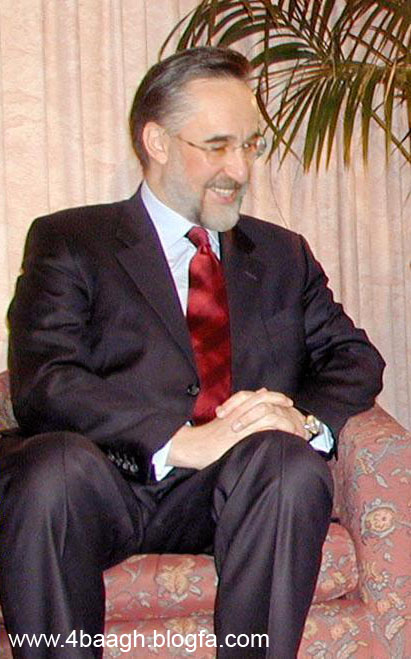Newly declassified documents obtained by the National Security Archive revisit President Bill Clinton's 1999 overture to Iranian President Mohammad Khatami, and his response to Clinton.
Clinton's overture, delivered via the Omanis by then Assistant Secretary of State for Near Eastern Affairs Martin Indyk and the NSC Senior Director for Near East and South Asia Bruce Riedel, ultimately foundered amid conflicting internal U.S. government interpretations and determinations of the complicity of the Iranian Revolutionary Guards Corps in the 1996 Khobar Towers U.S. Marine barracks bombing, and limited U.S. government understanding of internal Iranian power dynamics.
The exchange shows the familiar difficulties for an American president in at once keeping lines of communications open and not having its message to Tehran lost in interpretation, and also the Kremlinology within the U.S. government over interpreting the agency of Iranian actions. It also suggests the internal power struggle apparent in the past year may have emerged far earlier.
As the accompanying analysis by Malcoln Byrne writes, "It is known that both governments at different times in recent years have tried to signal their interest in closer ties. But
either international events or domestic opposition have conspired to scuttle every overture."
A highly confidential U.S. overture to Iran in summer 1999 foundered because the intelligence community and FBI believed members of Iran’s Revolutionary Guards (IRGC) had a role in the infamous Khobar Towers bombing of June 1996, and because U.S. officials overestimated the Iranian president’s ability to manage the sensitive matter of U.S. relations within Iran’s power structure, according to newly declassified documents.The new documents, including President Bill Clinton’s message to Iranian President Mohammad Khatami and Tehran’s response, highlight the complexities facing current U.S. policy-makers in their ongoing approaches to the Islamic Republic, particularly the challenge of balancing closer ties to Tehran with concerns over allegations of past support for terrorist groups. Those concerns led the Clinton administration – notwithstanding the president’s personal interest in a rapprochement with Tehran – to order updated contingency plans for military strikes against Iranian targets. ...According to Clinton administration officials, (Note 2) the absence of solid proof that could withstand legal scrutiny and U.S. public opinion led the president to opt not to retaliate directly against Iran (although he did order CENTCOM to revise its strike options, telling his advisers, “I don’t want any pissant half-measures”). ...As a kind of compromise, the Clinton administration chose instead to send a letter to Khatami that indicated Washington now had direct evidence of IRGC involvement in the Khobar attacks, insisted that Tehran bring to justice those responsible (either in Iran or Saudi Arabia), and sought Khatami’s help in ending Iranian support for terrorism. Yet, the message also stated that the United States wanted to work toward better relations with Iran and noted the attack had not occurred on Khatami’s watch but before his election. ....One interesting aspect of the Khobar case is that Iran’s possible motives for such a brazen assault on U.S. interests were unclear to many observers at the time. ....But the surprising eruption of political discord within Iran’s ruling circles since the presidential elections of June 2009, prompted in part by the Revolutionary Guards’ rise as a leading power-broker, add to the likelihood that divisions among the elite were already underway in the 1990s, in the wake of Ayatollah Ruhollah Khomeini’s death in 1989. It even raises the question whether it is possible that elements of the IRGC, or perhaps from another branch of the regime such as the Ministry of Information, might have taken it on themselves to participate in a dramatic attack against an American military target – in fact, the most serious of its kind since the Marine barracks bombing in Beirut of October 1983. ....But the American side appears to have miscalculated Khatami’s ability to take over the reins of this process on his own, without having to take account of the views of other key Iranian leaders. ...It is also interesting that the Iranian response, like the American message, includes language that seems, in retrospect at least, to leave the door open for future approaches. Phrases such as “no hostile intentions towards Americans,” “respect for the great American people,” and “vigorously pursue the policy of détente” .... It is also important to note that the IRGC did not commit another attack like Khobar in the wake of the Clinton letter, which suggests that the message got through that Washington would retaliate the next time. ....

No comments:
Post a Comment